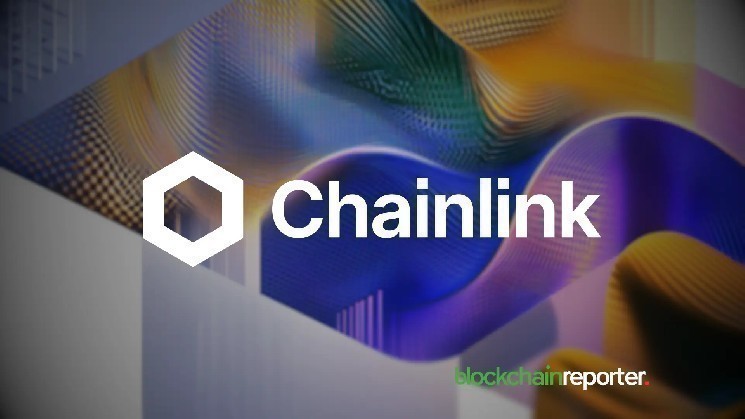FairsquareLab today announced that it has signed a strategic memorandum of understanding with Chainlink to advance cross-border stablecoin interoperability. The agreement names Chainlink’s Cross-Chain Interoperability Protocol (CCIP) as the lead technology partner for Phase 2 of Project PAX, a FairSquare Lab-led project that brings together leading financial institutions in South Korea and Japan to pilot a stablecoin-enabled remittance and payment network.
Project PAX, which already includes partners such as South Korea’s Shinhan Bank, NH Nonghyup Bank, and K Bank, as well as Progmat and several Japanese banks, is designed to blend traditional fiat currency rails with stablecoins and smooth the flow from fiat to stablecoins to fiat. The goal is simple. It reduces remittance costs, speeds up transactions, and makes payments across different blockchain networks practical for regulated financial institutions. According to FairsquareLab, integrating CCIP will enable projects to verify real-time cross-chain and cross-network fund transfers while co-developing the technical standards and operational processes necessary for reliable interoperability.
Interoperability between blockchains is important beyond just speed. By enabling the secure transfer of data and assets between diverse networks, the technology can bridge the gap between blockchain ecosystems and increase the transparency and traceability of funds within existing regulatory frameworks, the partners claim. This could strengthen financial infrastructure by standardizing the way payment networks are connected and reducing the risks associated with informal transfer channels, an outcome that supports anti-money laundering and broader compliance efforts.
Improving stablecoin interoperability
Chainlink’s CCIP is touted in the announcement as an interoperability standard that enables secure stablecoin transfers between chains. Under this memorandum, FairSquare Labs and Chainlink will explore integrating CCIP into Project PAX’s remittance layer to validate remittances in real-time and ensure that transactions remain compliant and auditable as they move between different blockchain environments.
FairsquareLab CEO Joonhong Kim positioned the partnership as a practical step toward bringing blockchain interoperability into mainstream finance. “This partnership is an important step towards implementing blockchain interoperability within the real-world financial system,” he said, adding that FairSquare Labs intends to extend Chainlink’s technology to the broader stablecoin infrastructure it is building with domestic and international financial institutions.
Speaking on behalf of Chainlink, Niki Ariyasinghe, Head of Business Development, Asia Pacific and Middle East, highlighted the regional ambitions of the partnership. Arya Sinha said that working with FairSquare Labs will enable financial institutions to move value and data across multiple chains in a seamless, compliant and reliable manner, helping accelerate CCIP adoption across Asia. “Working with companies like FairSquare Labs will help accelerate the global connectivity of the blockchain industry,” she said.
Taken together, this announcement shows that both technology providers and payment infrastructure developers are working to bridge the gap between regulated financial services and emerging blockchain tools. A successful Project PAX pilot will provide banks and remittance providers with a tested blueprint for using stablecoins and cross-chain protocols to reduce costs and improve the speed and traceability of international payments, and its rollout will be closely watched by regulators and market participants alike.


